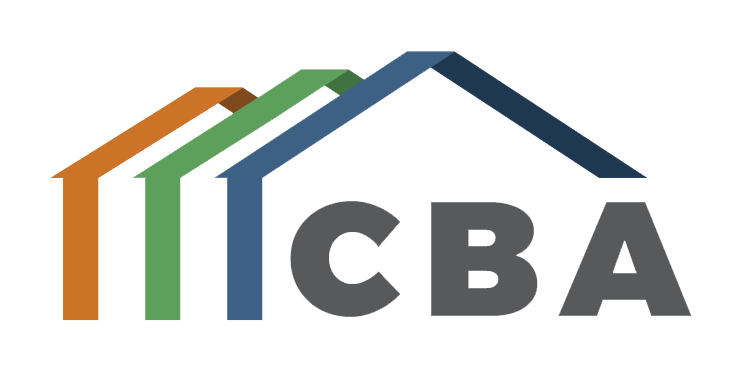Lowell requests $7M in HUD funding for 2026
A man relaxes against a tree, sitting on a piece of cardboard, at South Common Park the morning of Friday, April 25, 2025. Melanie Gilbert - Lowell Sun
Programs, services address homelessness, food insecurity, domestic violence, housing and more
By Melanie Gilbert 4/26/2025
LOWELL >> Area nonprofits and the city are tentatively scheduled to receive nearly $7 million in federal grants for fiscal 2026, which starts July 1.
The federal entitlement funds are annually granted to the city by the U.S. Department of Housing and Urban Development, and include Community Development Block Grant, HOME Investment Partnerships Program and Emergency Solutions Grant funds, all of which work to expand the impact and reach of local programs and services.
Lowell’s portion breaks down into CDBG funds of $2,313,242, HOME funding of $4,440,697 and ESG funding totaling $186,452.
The CDBG program provides federal funding to communities to create affordable housing and invest in critical local projects. HOME is the largest federal block grant to state and local governments designed exclusively to create affordable housing for low-income households, while ESG money provides federal funds for programs that offer services to individuals experiencing or at risk of homelessness.
Both Eliot Church’s Day Center and House of Hope are expected to receive $55,125 in ESG funds for their homeless outreach program and emergency shelter operations, respectively. Alternative House is slated for $62,218 in homeless prevention services for victims of domestic violence.
“We’re very pleased about the award,” Lori Hoffman said by email Friday. “Eliot Church is grateful to the City of Lowell for its unfailing support year after year.”
The longtime church member manages the books and other administrative responsibilities for the church on Summer Street, which sits across from South Common Park, a daytime gathering space for the area’s homeless population.
Eliot’s Day Center program offers homeless people food and daytime shelter Monday through Friday, utilizing its Fellowship Hall and kitchen from 10 a.m. to 6 p.m. The church does not offer overnight shelter. The church’s outreach supplements the long-term work of St. Paul’s Soup Kitchen, which has served prepared dinners at the church for many years to anyone who walks through the door.
The Day Center’s almost $200,000 budget is a mix of donations, state, federal and local funding and grants. The ESG funding encompasses two grants, one for Eliot’s Day Center, and one for St. Paul’s Kitchen, with the exact breakdown to be determined.
“This money will support the Day Center in a significant way, covering payroll, supplies for our guests (clothing, hygiene items, and food service), the costs of assisting our guests with documentation for housing readiness, and some overhead expenses,” Hoffman said.
The Day Center serves around 120 guests per day and gives out 60 items of clothing and other supplies each month. In March, Hoffman said Day Center staff assisted eight clients with housing applications, three of which resulted in the person moving into a new place.
Eliot started its humanitarian mission in response to the COVID-19 pandemic in 2020, when social distancing rules required extra community supports to help the city’s homeless population.
“In our first year, the Day Center was fully funded through an ESG (COVID) grant,” Hoffman said. “In the coming year, if everything is approved as hoped, the ESG will cover about 25% of our costs.”
The programs and activities described in the city’s action plan are intended to primarily benefit low- and moderate-income residents of the city, neighborhoods with high concentrations of low- and moderate-income residents, and the city as a whole.
Seven social service agencies, such as Girls Inc., the Boys & Girls Club of Greater Lowell, Merrimack Valley Food Bank, Catholic Charities Archdiocese Boston, YWCA, Alternative House and the city itself, were allocated between $15,000 to $50,000 in CDBG funding for community programming that addresses food insecurity, summer youth and employment programming, and teen dating violence education.
Seven non-social services agencies and departments, such as the city of Lowell, Lowell Parks & Conservation Trust and the Acre Family Day Care, received $30,000 to $530,000 in funds to support economic development, housing rehabilitation and public facility projects.
“Organizations were encouraged by the city to collaborate or partner with other non-profits providing similar services,” MVFB Executive Director Deb Callery said by email Friday. “We partnered with Coalition for a Better Acre and will share the funding with them. The request was very Acre centered.”
Through CBA’s food pantry, every month 1,500 food-insecure households in the Acre neighborhood receive nutritious, culturally familiar food and connections to other community resources.
Among its many outreach programs, MVFB’s Operation Nourish children’s feeding program offers free food for food-insecure students to take home to keep them nourished when they aren’t receiving free school meals. It runs a community market that supplies fresh food to at least 1,500 residents of five public housing sites in Lowell and elsewhere.
Noticeably absent from this year’s funding request is the past recipient South Middlesex Opportunity Council, a private, nonprofit social services agency based out of Framingham, that owns and operates the Lowell Transitional Living Center, the largest adult homeless shelter north of Boston.
The city and SMOC have been exploring relocating the shelter from its current building on Middlesex Street in Downtown Lowell.
The City Council unanimously approved the HUD action plan during its April 8 meeting. The document will be submitted to HUD for funding appropriation.

